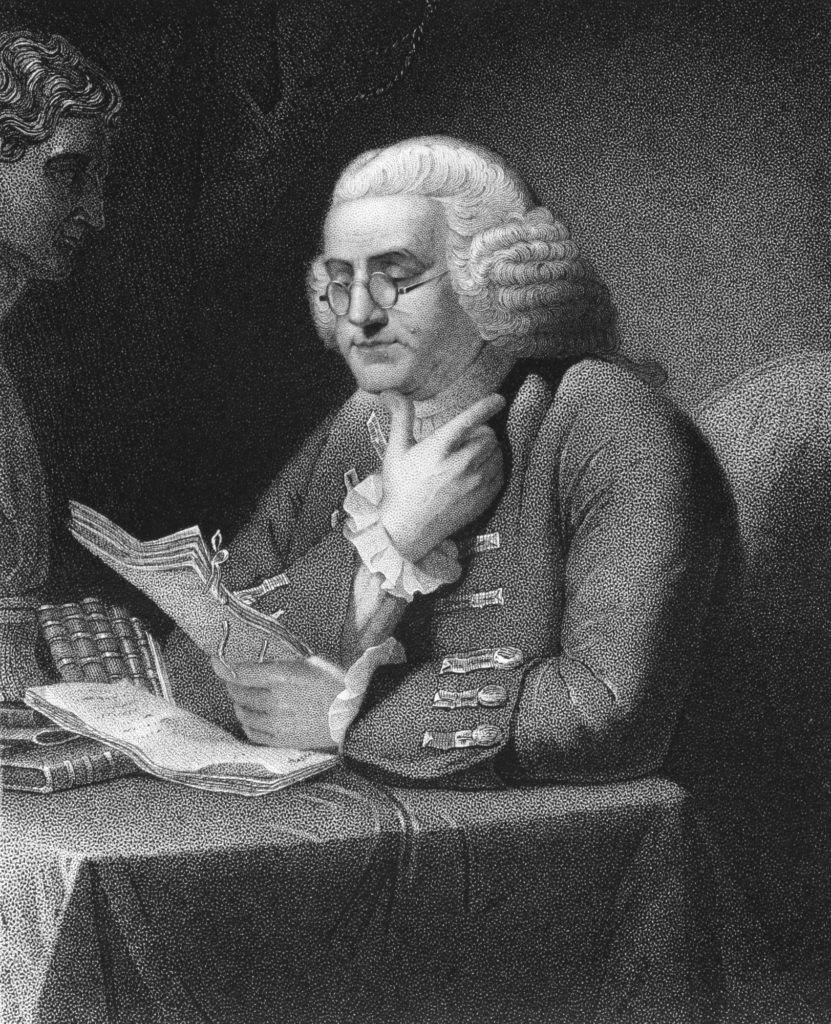
The U.S. Constitution gives Congress certain enumerated powers (Article I, Section 8), with powers “not delegated to the [federal government] by the Constitution, nor prohibited by it to the states, are reserved to the states respectively, or to the people” (Tenth Amendment). While one of the enumerated powers is the regulation of interstate commerce, the federal drug paraphernalia statute, part of the Controlled Substances Act (CSA), renders the sale of drug paraphernalia illegal, even where a sale takes place exclusively within the borders of a state. How can this be squared with the Constitution’s clear language on what the Congress can and cannot do?
Well, arguably, it cannot be squared, unless quite a bit of creativity is deployed. Fortunately (or unfortunately, depending on where you stand on certain issues) Congress and the federal courts do not lack creativity, as they have demonstrated in their approach to drug paraphernalia in the CSA and court decisions interpreting the same.
According to 21 U.S.C. § 863(a), it is unlawful:
(1) to sell or offer for sale drug paraphernalia; (2) to use the mails or any other facility of interstate commerce to transport drug paraphernalia; or (3) to import or export drug
Read full article on HarrisBricken


